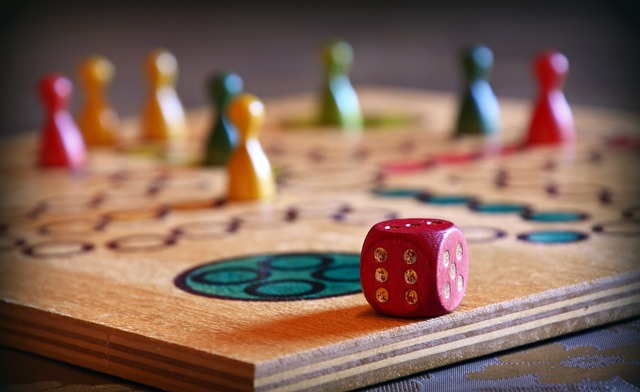How Much Deep Sleep Do You Need for Your Age? Here is What We know!
Sleep, that glorious state of rejuvenation and restoration, is essential for our physical and mental well-being. But within the realm of sleep lies a deeper mystery: deep sleep.
This precious stage is where our bodies repair tissues, consolidate memories, and boost the immune system. But how much deep sleep do we actually need, and how does that change as we age?
This guide dives into the fascinating world of deep sleep, exploring the recommended amounts for different age groups and offering tips to optimize this vital sleep stage.
The Magic of Deep Sleep:
Deep sleep, also known as slow-wave sleep, is the most restorative stage of sleep. During this time, our brain waves slow down significantly, and our bodies enter a state of deep relaxation.
Physically, deep sleep is when our muscles repair and rebuild, our growth hormone production surges, and our immune system strengthens. Mentally, deep sleep is crucial for memory consolidation and emotional regulation.
How Much Deep Sleep Do We Need?
The amount of deep sleep we need varies depending on our age. Here’s a breakdown:
- Newborns (0-3 months): Newborns spend a significant portion of their sleep time (around 50%) in deep sleep. This high percentage supports their rapid growth and development.
- Infants (4-11 months): As infants mature, their deep sleep needs decrease to around 30-40% of total sleep time.
- Toddlers (1-2 years old): Deep sleep needs dip further for toddlers, typically landing around 25% of total sleep.
- Preschoolers (3-5 years old): Preschoolers generally require around 20% of their sleep to be deep sleep.
- School-aged children (6-13 years old): For school-aged children, deep sleep needs hover around 20-25% of total sleep.
- Teenagers (14-17 years old): Teenagers are notorious for needing more sleep in general, and deep sleep is no exception. Their bodies require around 25% of sleep to be deep sleep to support growth spurts and hormonal changes.
- Young Adults (18-25 years old): Deep sleep needs for young adults typically fall within the 20-25% range.
- Adults (26-64 years old): Adults generally need around 20% of their sleep to be deep sleep. However, this can vary depending on individual factors like overall health and activity level.
- Older Adults (65+ years old): As we age, the amount of deep sleep we experience naturally decreases. Older adults may only experience 10-15% deep sleep, though quality sleep hygiene practices can help optimize this.
Understanding the Shifts:
The decrease in deep sleep as we age is a natural part of the biological process. However, certain factors like stress, poor sleep hygiene, and certain medications can further reduce deep sleep.
While we may not be able to control the aging process, there are steps we can take to improve the quality of our sleep and potentially maximize the deep sleep we do get.
Tips to Enhance Deep Sleep:
- Establish a Consistent Sleep Schedule: Go to bed and wake up at the same time each day, even on weekends. This helps regulate your body’s natural sleep-wake cycle.
- Create a Relaxing Bedtime Routine: Wind down before bed with calming activities like reading, taking a warm bath, or light stretching. Avoid screens for at least an hour before sleep.
- Optimize Your Sleep Environment: Make sure your bedroom is dark, quiet, cool, and clutter-free. Invest in blackout curtains, earplugs, and a comfortable mattress and pillows.
- Regular Exercise: Regular physical activity can improve sleep quality, but avoid strenuous workouts close to bedtime.
- Limit Caffeine and Alcohol: While caffeine can give you a temporary energy boost, it can disrupt sleep later in the night. Similarly, alcohol might make you feel drowsy initially, but it can fragment sleep throughout the night.
Conclusion: Prioritizing Deep Sleep for a Lifetime of Well-Being
Understanding our deep sleep needs throughout life empowers us to prioritize this vital sleep stage. By incorporating healthy sleep hygiene practices and addressing any underlying factors affecting our sleep, we can optimize the deep sleep we do get, regardless of our age.
Remember, even small improvements in deep sleep can lead to significant benefits for our physical and mental health.
So, prioritize a good night’s sleep, focus on creating a sleep-conducive environment, and embrace the restorative power of deep sleep for a lifetime of well-being. After all, a well-rested you is a healthier, happier, and more resilient you, at any age.






